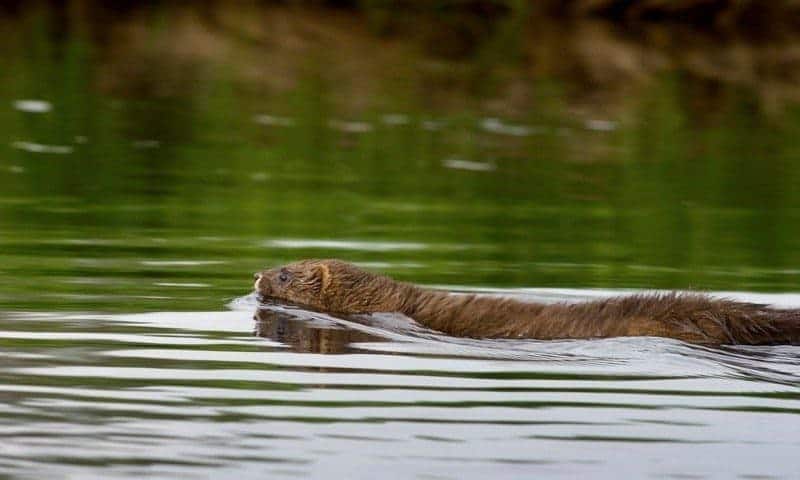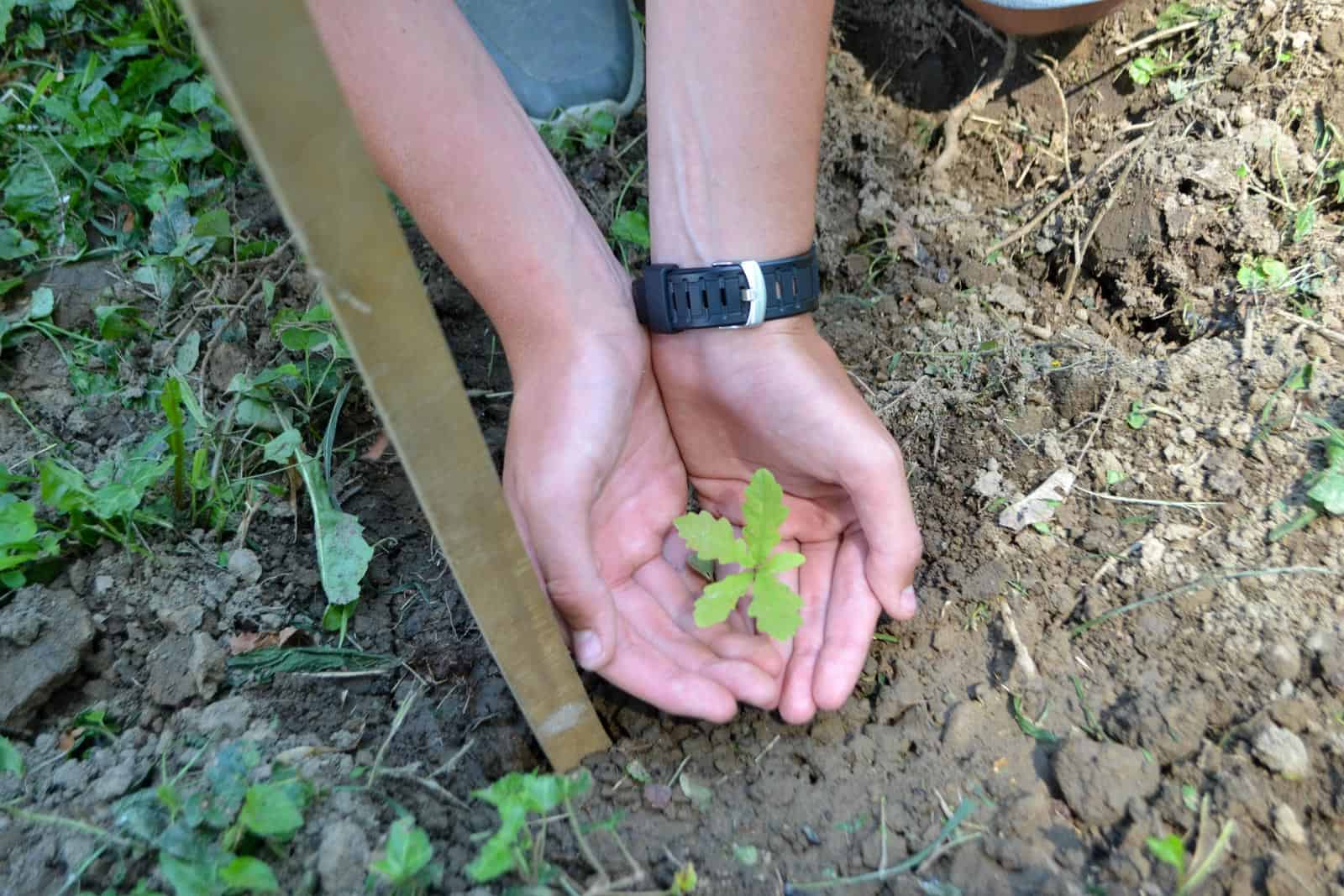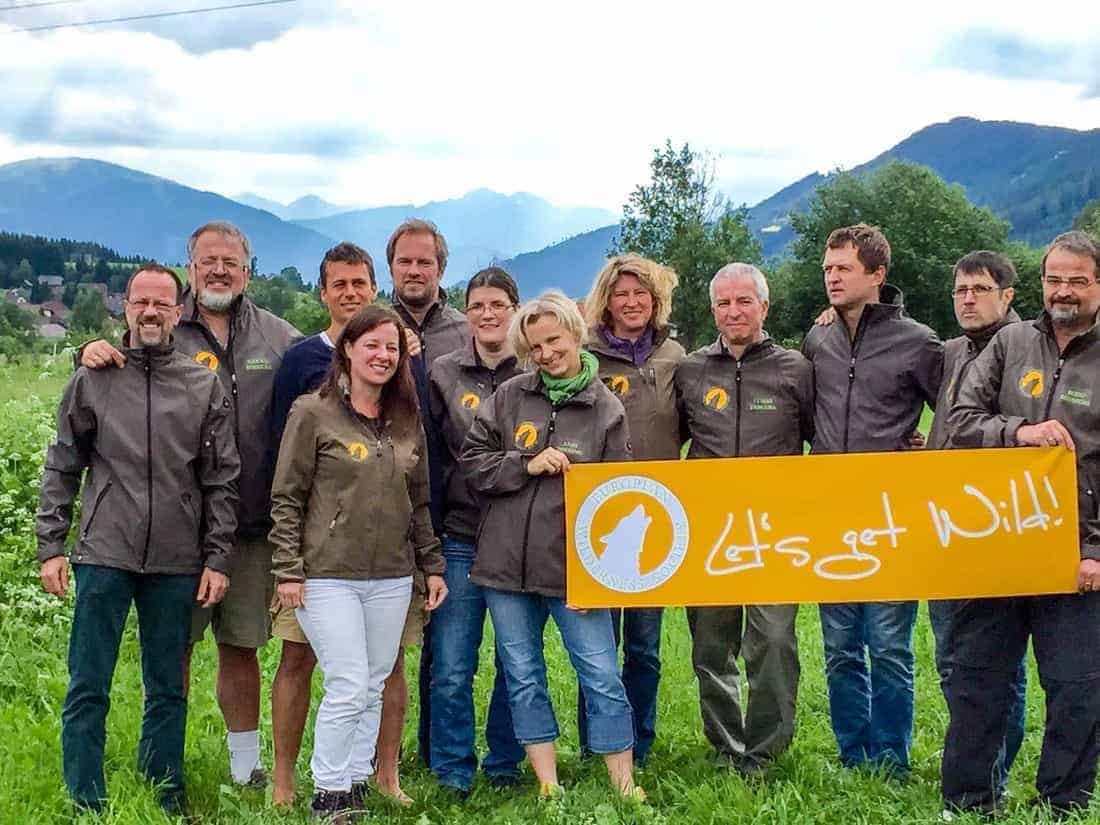Importance of wetlands
Wetlands are extremely important. They provide a huge benefit in sheltering important biodiversity and in addition, they also provide a wide range of benefits to people. Nevertheless, since ancient times, humans have behaved very irresponsibly and have heavily damaged many of them.
The result is that, due to this behavior Europe lost about 80% of their original wetlands in the past millennium.
Nevertheless, these habitats still cover large areas particularly in the northern part of the continent. Streams and rivers are critically threatened all along Europe. Due to this, the freshwater tidal land has become very rare in Europe’s temperate zone.
History of wetlands
Since the end of the last Ice Age, 11,000 years ago, wetlands used to be one of the most dominant ecosystems in Europe. In the following millennia they become very common ecosystems. That was also the time when a large part of Europe was already covered by extensive forests.
Forest communities have adapted to the wet ground with an admirable ability and they have created a very diverse complex of habitats. With the progressing centuries and the increasing impact of humans, the extent of wetlands gradually decreased globally and particularly in Europe.
Human view
People viewed wetlands in the past as wasteland. As places to be drained and converted into agricultural land, development and other land uses. Since 1900, more than 64% of these kind of ecosystems in Europe have been lost through drainage and conversion, and many of the rest have been degraded.
There are several kinds of wetlands: marsh, swamp, bog, fen or riverbanks. All these forms of habitats are water-flooded, either permanently or seasonally. This kind of habitats are very important to socio-economic development and environmental conservation due to their multiple functions.
Today it is fully understood, that wetlands are highly productive and biologically diverse ecosystems that enhance water quality, control erosion, maintain stream flows and sequester carbon. On the top of that, they provide a home to at least one third of all threatened and endangered species.

Specific example of wetlands importance
In some areas wetlands became a hidden treasure for local people for already several centuries. In these areas a typical grass – reed is growing in wetlands and used by people. This grass can be found in wetlands throughout the temperate regions of Europe. Trough history, reeds have provided material for clothing, mats, kits and ropes and dried grass for bedding.
Reeds were also used in construction, e.g., in the walls, floors and ceilings of houses. Winter-harvested reed stems are even used today for various activities. In some European countries they are also used to make garden and indoor furnishings such as blinds, floor and wall coverings, panels and screens.
Wetlands are like the kidneys in our bodies
Researchers confirmed that wetlands are vital for the health of our planet. Like kidneys, which filter our blood to eliminate toxins and other substances, they filter the water before it goes into the river.
Wetlands purify water by removing sediments and other pollutants including chemicals. These ecosystems also filter and process excess nutrients that may runoff from agricultural and development sites. Wetlands have also a long-term capacity to filter pollutants from the water that flows through them.
In many parts of Europe, particularly in the vicinity of towns, and more and more often, even inside big cities, wetlands developed by humans provide an important interaction between people and nature. That is an easy place where people can see and admire such a spontaneous natural process.









